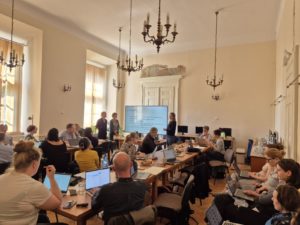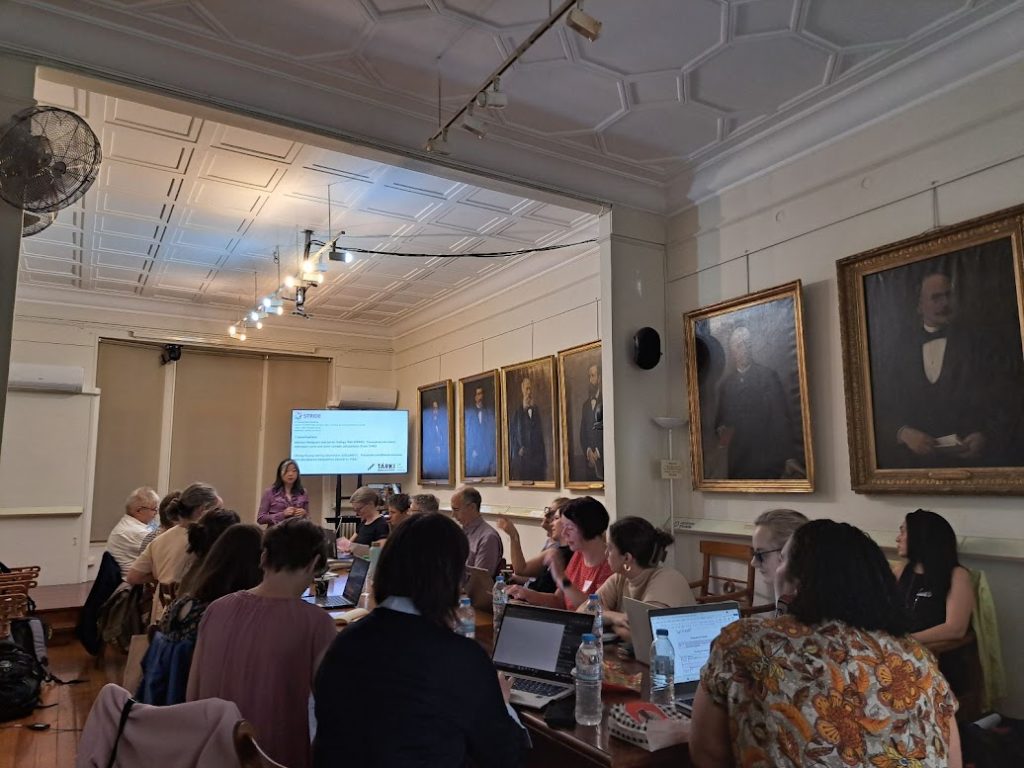The Jagiellonian University (JU) is the oldest higher education institution in Poland and one of the oldest in Europe. It was founded on 12 May 1364 by the Polish king Casimir the Great. and comprised three faculties: of liberal arts, medicine and law. However, the University’s structure was already complete in 1397, with the formal establishment of the faculty of theology. Academia located in the then capital of the Kingdom of Poland, never again interrupted its educational and scholarly activity. Not only does it constitute a symbol of continuity of the Polish state, but also places Kraków among the most important educational centres in the country. Today, the University employs 3 800 academic staff, including over 650 professors, as well as about 3 500 other staff members, while providing education to about 40 000 students.
Our interest in the project
JU Institute of Sociology, partner in the STRIDE project, was created in the half of the twentieth century. Over the past half century, the Institute has been developing dynamically, constantly enriching the educational offer responding to the needs and expectations of the changing world, implementing important scientific and research projects, educating young people in the spirit of responsibility, openness to the world and world-wide diversity, and preparing them to be active in the labour market and in the social world, developing cooperation with the local community and numerous partners in the international network. This fully explains the interest in the STRIDE project which aims at creating the educational conditions conducive to social equality. The researchers who make up the Polish project team, Magdalena Ślusarczyk, Maria Świątkiewicz-Mośny and Ewa Krzaklewska, have been focusing on educational inequalities, social and educational policy and the sociology of youth for years. They try to find answers to questions such as: what are the most important debates on changes in education in the country and in the world at the moment, whether every child has equal opportunities at school, and what tools should be used to build equality at school. They have extensive experience in both research, the implementation of created solutions as well as cooperation with the social environment. Julia Michcik, currently finishing her sociology studies, also supports us in the project.
Our role in the project
The JU team participates in all stages of the project, but focuses particularly on two areas. JU is a leader of the activities that focus on policy analysis and meta-analysis in Europe. It is a comparative analysis of educational policies in European Union countries, Norway and Great Britain, and more specifically, on the reforms undertaken in the last twenty years and the consequences of these changes for increasing equal educational opportunities. The JU teams is also a co-leader of the work on designing a toolbox for effective policymaking and assessment of inequalities in education with an aim to translate research findings for policymakers and stakeholders and provide them a selection of techniques used to assess inequalities in education, training and learning achievements but also to disseminate good practices applied in the countries of the consortium.
Website of the JU Institute of Sociology: https://socjologia.uj.edu.pl/nauka/badania-i-projekty/realizowane
Find out about the other STRIDE project partners here.














